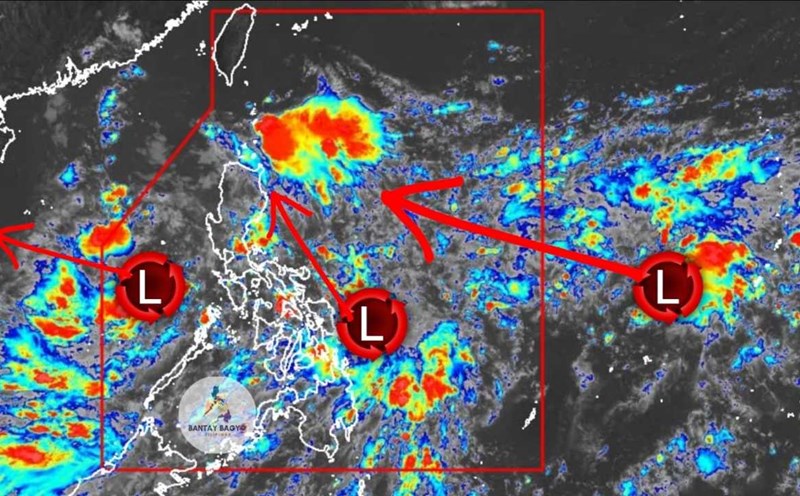The main infection road of mpox
The World Health Organization (WHO) recommends using the term mpox instead of monkeypox ( monkey bean disease) to avoid discrimination. Unlike COVID-19, mpox is not spread easily through the air but mainly through direct contact with ulcers, body fluids or close-range shots.
According to the US Centers for Disease Control and Prevention (CDC), mpox is often transmitted when in contact with skin, including sexual intercourse, kissing, and miscarriage. The virus can also last long outside the body and stick to clothes, beps, electronics or sex toys.
Dr. W. Ian Lipkin, Professor of Epidemiology, Director of the Center for Infectious Diseases and Epidemiology at Mailman School of Public Health (University of Columbia, USA) emphasized: Most of the current cases are transmitted through direct contact. We cannot confirm that we know all the ways the virus is transmitted".
In particular, research in Europe recorded traces of the virus in the dicharies of three out of four early-stage mpox patients. Although mpox has not been classified as a sexually transmitted disease, the discovery shows a potential risk.
animal risks and other factors
Mpox was first discovered in monkeys in 1958, but many other rambutan and presidential insects can also carry the virus. The CDC warns that humans can get infected when bitten, scratched, or exposed to wildlife products.
In the US, the mpox epidemic in 2003 originated from infected rat dogs. There is currently no evidence of people transmitting the virus back to animals, but experts recommend that waste should be treated carefully and limited contact with pets if they are infected with the disease.
Regarding the possibility of respiratory infection, WHO believes that mpox can be transmitted through short-range air particles, but the risk is much lower than COVID-19. Lipkin commented: "People can wear masks if they feel more secure, but the risk of mpox spreading in the air is still limited."
Many questions are still open
Some recent cases have no typical symptoms, causing scientists to doubt the possibility of symptomsless infection. WHO warns that many new cases may be missed because the virus circulates silently in the community.
This means that further research on mpox is very urgent, from the role of body fluids to the importance of respiratory drops. Lipkin emphasized: "We must accept that current understanding is limited, and the answers will change as research progresses."
While waiting, health experts recommend: avoid direct contact with people with symptoms, clean personal belongings, and contact a doctor when suspected of exposure.











